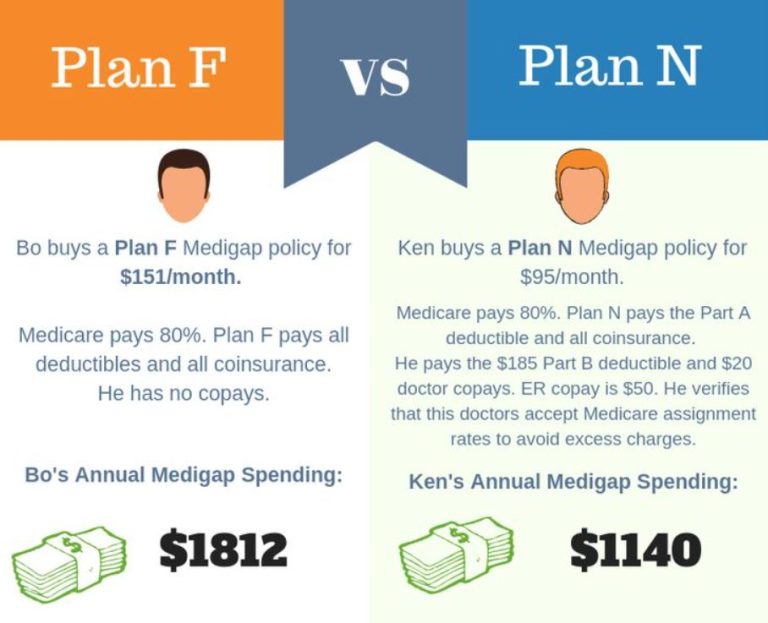Group health insurance in South Carolina is a vital aspect of employee benefits packages for businesses of all sizes. It provides employees and their dependents with access to healthcare services, protecting them from the high costs of medical expenses. This comprehensive guide will explore the various aspects of group health insurance in South Carolina, including its benefits, eligibility requirements, plan options, cost considerations, and the role of insurance brokers.
Contents
Benefits of Group Health Insurance in South Carolina
- Cost Savings: Group health insurance plans often offer lower premiums and out-of-pocket costs compared to individual health insurance plans. This is because the risk is spread across a larger pool of insured individuals.
- Access to Healthcare: Group health insurance provides employees with access to a wide network of healthcare providers, including doctors, hospitals, and specialists. This ensures that employees can receive the care they need when they need it.
- Employee Satisfaction: Offering group health insurance can help businesses attract and retain top talent. It demonstrates a commitment to the well-being of employees and can boost morale and productivity.
- Tax Advantages: Businesses can often deduct the cost of group health insurance premiums as a business expense. This can help reduce their tax liability.
Eligibility Requirements for Group Health Insurance in South Carolina
- Employer Size: In South Carolina, businesses with at least two employees are eligible to offer group health insurance.
- Employee Status: Employees must typically work a minimum number of hours per week to be eligible for group health insurance.
- Dependent Coverage: Group health insurance plans often allow employees to add their dependents, such as spouses and children, to their coverage.
Group Health Insurance Plan Options in South Carolina
- Health Maintenance Organizations (HMOs): HMOs require members to select a primary care physician (PCP) who coordinates their care. Referrals from the PCP are typically needed to see specialists.
- Preferred Provider Organizations (PPOs): PPOs offer more flexibility than HMOs. Members can see any healthcare provider within the network without a referral, but they may pay less if they see a preferred provider.
- Point of Service (POS) Plans: POS plans combine features of HMOs and PPOs. Members can choose a PCP and need referrals for specialists, but they can also see out-of-network providers at a higher cost.
- High Deductible Health Plans (HDHPs): HDHPs have lower premiums but higher deductibles. They are often paired with Health Savings Accounts (HSAs), which allow members to save pre-tax money for healthcare expenses.
Cost Considerations for Group Health Insurance in South Carolina
The cost of group health insurance in South Carolina can vary depending on several factors, including:
- Group Size: Larger groups typically have lower premiums due to the risk being spread across more people.
- Plan Type: HMOs tend to have lower premiums than PPOs or POS plans.
- Coverage Level: Plans with more comprehensive coverage typically have higher premiums.
- Employee Demographics: The age, health status, and location of employees can affect premiums.
The Role of Insurance Brokers in South Carolina
Insurance brokers play a crucial role in helping businesses navigate the complex world of group health insurance in South Carolina. They can:
- Assess Needs: Brokers can help businesses identify their specific needs and recommend appropriate plans.
- Compare Plans: Brokers can provide quotes from multiple insurance carriers, allowing businesses to compare coverage and costs.
- Enroll Employees: Brokers can assist with the enrollment process, ensuring that employees understand their coverage options.
- Provide Ongoing Support: Brokers can provide ongoing support to businesses and employees, answering questions and resolving issues.
Additional Considerations for Group Health Insurance in South Carolina
- Pre-existing Conditions: The Affordable Care Act (ACA) prohibits insurance carriers from denying coverage or charging higher premiums based on pre-existing conditions.
- Wellness Programs: Many group health insurance plans offer wellness programs that encourage employees to adopt healthy lifestyles. These programs can help reduce healthcare costs and improve employee well-being.
- Mental Health Coverage: Mental health coverage is an essential component of group health insurance. It ensures that employees have access to mental health services, such as therapy and counseling.
Conclusion
Group health insurance in South Carolina is a valuable benefit for both employers and employees. It provides access to healthcare services, protects against high medical costs, and contributes to employee satisfaction. By understanding the various aspects of group health insurance, businesses can make informed decisions about their employee benefits packages and ensure the well-being of their workforce. If you are a business owner in South Carolina, consider partnering with an insurance broker to help you navigate the complexities of group health insurance and find the best plan for your needs.
Read More: Does General Liability Insurance Cover Workers’ Compensation?







